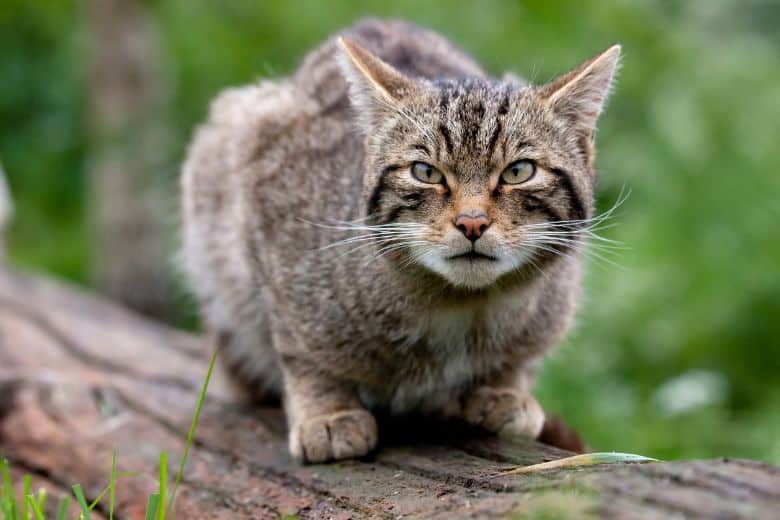Cats are beloved pets to many people around the world. Unfortunately, cats are also prey to many different types of predators, both wild and domestic. Understanding what predators eat cats is essential for cat owners to keep their pets safe and secure. In this article, we will discuss common predators of cats, their behavior, and how to prevent attacks.
Common predators of cats
Several animals are known to prey on cats, including domestic dogs, coyotes, foxes, birds of prey, snakes, raccoons, and bobcats. Depending on where you live, some predators may be more common than others. Knowing the predators in your area can help you take appropriate measures to keep your cat safe.
Domestic dogs as predators of cats
Domestic dogs are responsible for many cat deaths each year. Some dogs have a strong prey drive, and when they encounter a cat, they may instinctively attack it. Other dogs may attack cats out of aggression or fear. Cat owners should supervise their cats while outside and ensure that their cats have safe and secure areas to retreat to if necessary.
Coyotes as predators of cats
Coyotes are another common predator of cats. They are found in many parts of North America and have adapted to live in urban areas. Coyotes are opportunistic predators and will prey on any small animal they can catch, including cats. To prevent coyote attacks, keep cats indoors at night, secure outdoor areas with fences, and avoid leaving food outside.
Foxes as predators of cats
Foxes are smaller than coyotes, but they are still a significant threat to cats. Foxes are typically more active at night, which is when they may encounter cats. Cat owners can prevent fox attacks by keeping their cats indoors at night, securing outdoor areas with fences, and avoiding leaving food outside.
Birds of prey as predators of cats
Several types of birds of prey prey on cats, including hawks, eagles
apostles, and owls. These birds are known for their sharp talons and powerful beaks, which they use to capture and kill their prey. To prevent bird of prey attacks, keep cats indoors during times when birds of prey are active, such as dawn and dusk, and avoid leaving cats unsupervised in open areas.
Snakes as predators of cats
Some types of snakes, such as rattlesnakes, can pose a significant threat to cats. Snakes are often found in warm climates, and they can be attracted to areas where small animals, such as cats, are present. To prevent snake attacks, keep cats indoors, clear brush and debris from around your home, and avoid leaving water or food outside.
Other predators of cats
Raccoons, bobcats, and mountain lions are also known to prey on cats. These predators are less common than domestic dogs, coyotes, and foxes, but they can still pose a significant threat to cats. Cat owners should be aware of the predators in their area and take appropriate measures to protect their cats.
FAQs
- Can indoor cats still be preyed on by predators?
- While indoor cats are generally safer than outdoor cats, some predators, such as birds of prey and snakes, can still pose a threat to indoor cats.
- Are there any breeds of cats that are more vulnerable to attacks?
- There is no specific breed of cat that is more vulnerable to attacks. However, smaller and more docile cats may be more susceptible to attacks.
- Can cat owners use any specific tools or techniques to protect their cats?
- Cat owners can use fencing, outdoor enclosures, and cat-safe window screens to protect their cats from predators.
- Are there any signs that a cat has been attacked by a predator?
- Signs that a cat has been attacked by a predator may include bite marks, scratches, and missing fur or patches of skin.
- Can a cat defend itself against a predator?
- While cats are agile and have sharp claws and teeth, they are generally not equipped to defend themselves against larger predators, such as coyotes and mountain lions.
Conclusion
In conclusion, understanding what predators eat cats is essential for cat owners to keep their pets safe and secure. By knowing the common predators of cats, their behavior, and how to prevent attacks, cat owners can take appropriate measures to protect their cats. Keeping cats indoors, securing outdoor areas with fences, and avoiding leaving food outside are all effective ways to prevent attacks.



